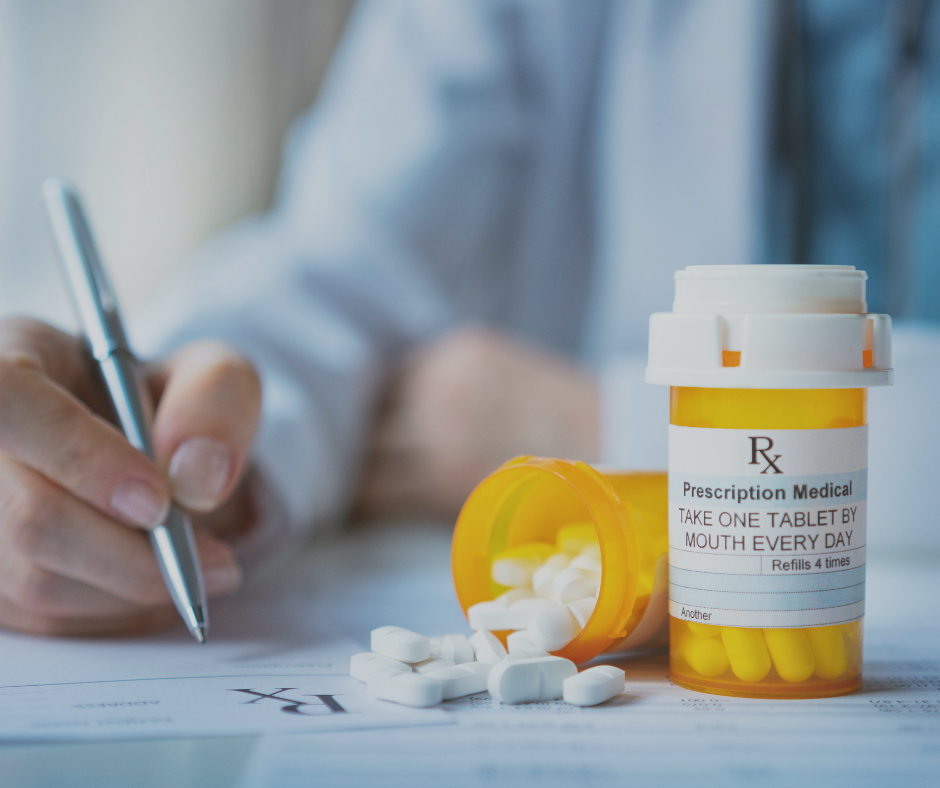Rh-negative pregnancies may not be a topic of daily conversation, but for expectant mothers and healthcare professionals, it’s a critical discussion. The challenge? Balancing the potential risks for Rh-negative mothers carrying Rh-positive babies. The solution? Plasma and Anti-D immune globulin treatments that safeguard both mother and baby.
You’re about to learn:
- What Rh-negative pregnancies are and why they require special care.
- What an Anti-D Antibody is.
- How plasma-derived Anti-D treatments support Rh-negative mothers.
- How Octapharma Plasma’s Anti-D program empowers donors and patients.
Whether you’re a mother-to-be, a healthcare professional, or someone looking to make a difference through plasma donation, this guide is built to inform and inspire you.
What is the Rh Factor?
The Rh factor is a protein found on the surface of red blood cells. People are either Rh-positive (having the protein) or Rh-negative (lacking the protein). This is the + or – sign in your blood type (e.g., A+, AB-, etc.). While the Rh factor doesn’t impact daily health, it becomes crucial during pregnancy. The Rh factor plays a role in determining blood compatibility.
What Are Rh-Negative Pregnancies?
Rh-negative pregnancies occur when an expectant mother has Rh-negative blood, but the fetus inherits Rh-positive blood from the father.
Why Rh Factor Matters
When a Rh-negative mother’s immune system detects the Rh-positive blood cells of the fetus as “foreign,” it can produce antibodies against them. This response is called Rh incompatibility. If untreated, these antibodies can cross the placenta and attack the baby’s red blood cells, leading to serious complications such as:
- Hemolytic disease of the fetus and newborn (HDFN): A condition where the baby’s red blood cells break down faster than they can be replaced.
- Severe anemia: Insufficient red blood cells to carry oxygen effectively.
- Jaundice and brain damage: Caused by excessive bilirubin levels in the baby’s blood.
Is Every Rh-Negative Mother Affected?
Not necessarily. The risk arises if the mother is exposed to Rh-positive blood, usually during previous pregnancies, miscarriage, abortion, or trauma. However, without preventive care, each subsequent pregnancy is at greater risk of complications.
This is where plasma treatments and Anti-D immune globulin therapy come into play.
What is an Anti-D Antibody
Anti-D antibodies are a type of immunoglobulin that form in response to the D antigen, a crucial element of the Rhesus (Rh) blood group system.
How Plasma Supports Rh-Negative Mothers
Plasma donation is an often-overlooked element of healthcare innovation. Plasma, the liquid part of blood, is rich in antibodies and proteins used to create life-saving therapies.
The Role of Plasma in Anti-D Therapy
Anti-D immunoglobulin (commonly referred to as RhIG or “Anti-D”) is a plasma-derived treatment that prevents the mother’s immune system from forming antibodies against Rh-positive blood. By “neutralizing” Rh-positive cells, these treatments keep the mother’s immune system from targeting the baby’s red blood cells.
Thanks to plasma donors, anti-D treatments are widely available, helping thousands of Rh-negative mothers each year. It’s no exaggeration to say these donations are helping save lives.
Octapharma Plasma’s Anti-D Program
Octapharma Plasma is one of the leading global providers of plasma therapies, helping millions of patients worldwide. Their Anti-D program is specifically designed to support Rh-negative mothers while making plasma donation rewarding for donors.
What Is the Anti-D Program?
Octapharma Plasma partners with specialized donors to create Anti-D immune globulin treatments. Here’s how it works:
- Plasma Donation: Individuals donate plasma at designated Octapharma Plasma centers. This plasma contains antibodies and proteins that are refined into medical-grade therapies.
- Anti-D Immunization: Plasma donors may undergo immunization to produce targeted Anti-D antibodies, amplifying their plasma’s life-saving properties.
- Ongoing Support: Donors in the Anti-D program receive a Lifetime Express Pass, increased compensation for their time, and the joy of helping others.
Why Donate with Octapharma Plasma?
With over 180 centers in the U.S. and a history of excellence in plasma donation and manufacturing, Octapharma Plasma offers unmatched quality standards. Each donation undergoes rigorous testing and processing to ensure it meets FDA regulations for safety and quality. You cannot donate plasma if you are pregnant. Donors in the Anti-D program aren’t just helping Rh-negative mothers—they’re receiving tangible benefits too:
- Earn Extra Income: Donors are compensated for their time, with increasing rates based on their participation.
- Make a Difference: Knowing that your plasma donation is actively saving lives is a reward in itself.
Why Every Plasma Donation Counts
For Expectant Mothers
Anti-D therapies have transformed the outlook for Rh-negative pregnancies. A once life-threatening complication can now be managed effectively, giving mothers and their babies the best chance of a healthy outcome.
For Plasma Donors
Donating plasma isn’t just about monetary compensation. It’s about helping to save lives through donating plasma to help create therapies that no synthetic technology can replicate.
For Healthcare Professionals
Education and awareness are key. Ensuring pregnant patients are screened for Rh factor early in pregnancy allows for timely intervention with Anti-D treatments.
Final Thoughts on Supporting Rh-Negative Pregnancies
Rh-negative pregnancies highlight the incredible power of medical innovation and the altruism of plasma donors. Without these life-saving therapies, thousands of families would face severe pregnancy complications.
If you’re inspired to make a difference, consider donating plasma with Octapharma Plasma. Remember, your contribution could be the reason a mother and her baby thrive.
Interested in learning more or becoming a plasma donor yourself? Visit an Octapharma Plasma center near you!







